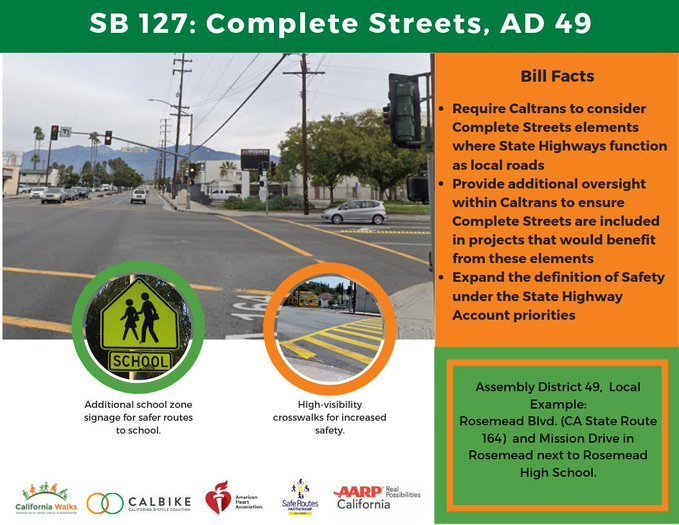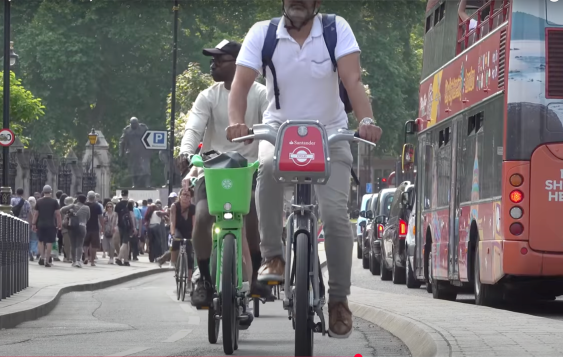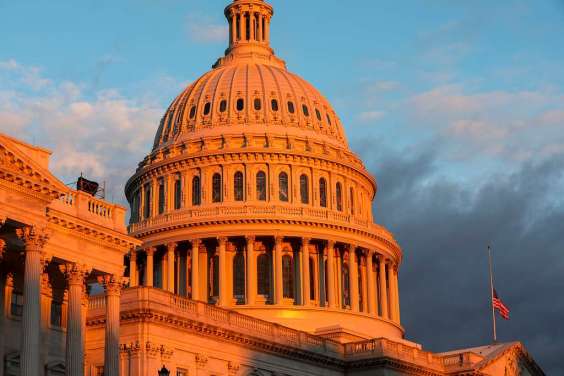
Following unanimous City Council votes earlier this month, Mayor de Blasio signed several bills yesterday with important implications for walking and biking in NYC.
Public Advocate Letitia James' Intro 997-A, now known as Local Law 115, amends the legal definition of pedestrians' right of way so anyone who steps off the curb during the flashing "Don't Walk" phase has the protection of the law.
Without the legislation, district attorneys and NYPD had declined to charge many motorists who struck people in crosswalks, citing a passage in the city's traffic rules that said "no pedestrian shall enter or cross the roadway during the flashing 'Don't Walk' phase."
"By passing this law, we are taking a common-sense step toward protecting pedestrians and making New York’s streets safer," James said in a statement. The new rule goes into effect on December 27, 90 days after the signing.
At the same ceremony, de Blasio also signed three bills enhancing bike access to commercial and residential buildings.
The most significant, Jumaane Williams' Intro 795-A, now known as Local Law 107, fixes a major limitation in the 2009 Bicycle Access to Building Law. That law required office building owners and managers to provide bike access via freight elevators when tenants requested it, but neglected to ensure that buildings provide an alternative when freight elevators are not in service.
The Williams bill ensures that cyclists can bring their bikes through passenger elevators when the freight elevator is not operating.
Additionally, Helen Rosenthal's Intro 405, now known as Local Law 105, guarantees folding bike access to commercial buildings and Ydanis Rodriguez' Intro 695, now known as Local Law 106, guarantees bike access to residential elevators.
In the past, the city's powerful real estate lobby fought legislation requiring bike access to buildings. But these three laws cleared the City Council with relative ease.
"More New Yorkers are riding bikes than ever before," de Blasio said. "We celebrate that as a very positive development for the city, but there are some real obstacles to bike riding that don't occur on the road, they occur in our buildings."
"It's imperative we keep looking closely at our transportation policies and incentivize modes of transit that make sense," Rodriguez said.





